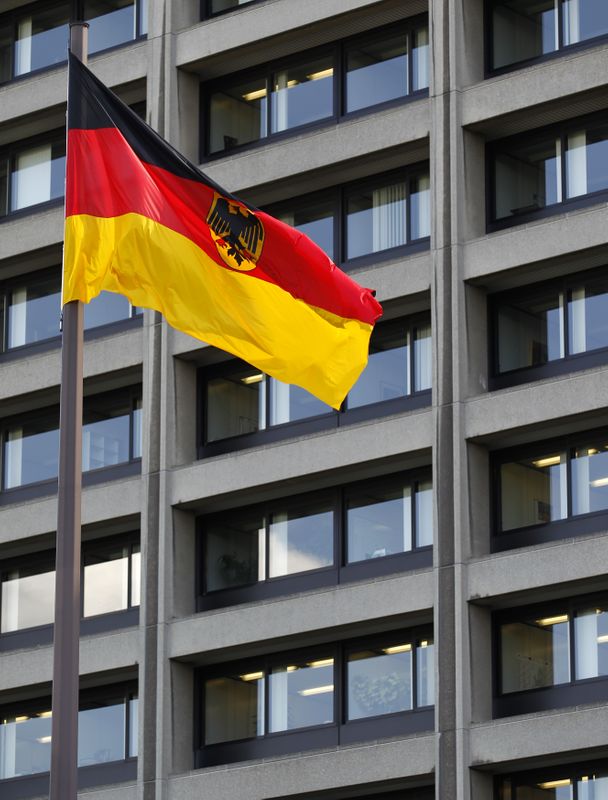FRANKFURT (Reuters) - Wages in Germany have been rising faster than expected, casting some doubt on expectations for a continued fall in inflation, the country's central bank said Wednesday.
The European Central Bank is all but certain to begin lowering interest rates next month, with President Christine Lagarde saying on Tuesday she was "really confident" inflation was now "under control".
But the ECB's biggest shareholder, Germany's Bundesbank, struck a more cautious tone on Wednesday, warning of inflation risks from higher wages as Europe's largest economy recovers.
"There are still risks to the fundamental disinflation process," the Bundesbank said in its monthly report. "Wage growth has recently been stronger than expected. This could mean that the still high price pressure on services in particular could last longer."
It said collectively agreed earnings, including fringe benefits, rose by 6.2% year-on-year in the first quarter of the year, compared to 3.6% in the last three months of 2023.
Excluding one-off payments, collectively agreed wages increased by 3.0% annually in the last quarter, also faster than three months earlier.
"This extends the upward trend in real earnings since spring 2021, which has been quite high in a long-term context," the Bundesbank added.

The Bundesbank expects German inflation to rise in May from April's 2.4% and hover at slightly higher level in the coming months, mainly due to an unfavourable comparison to last year, when train ticket prices had been slashed and fuel costs had fallen.
It also sees Europe's largest economy continuing to recover in the second quarter of the year thanks to a rebound in services.
